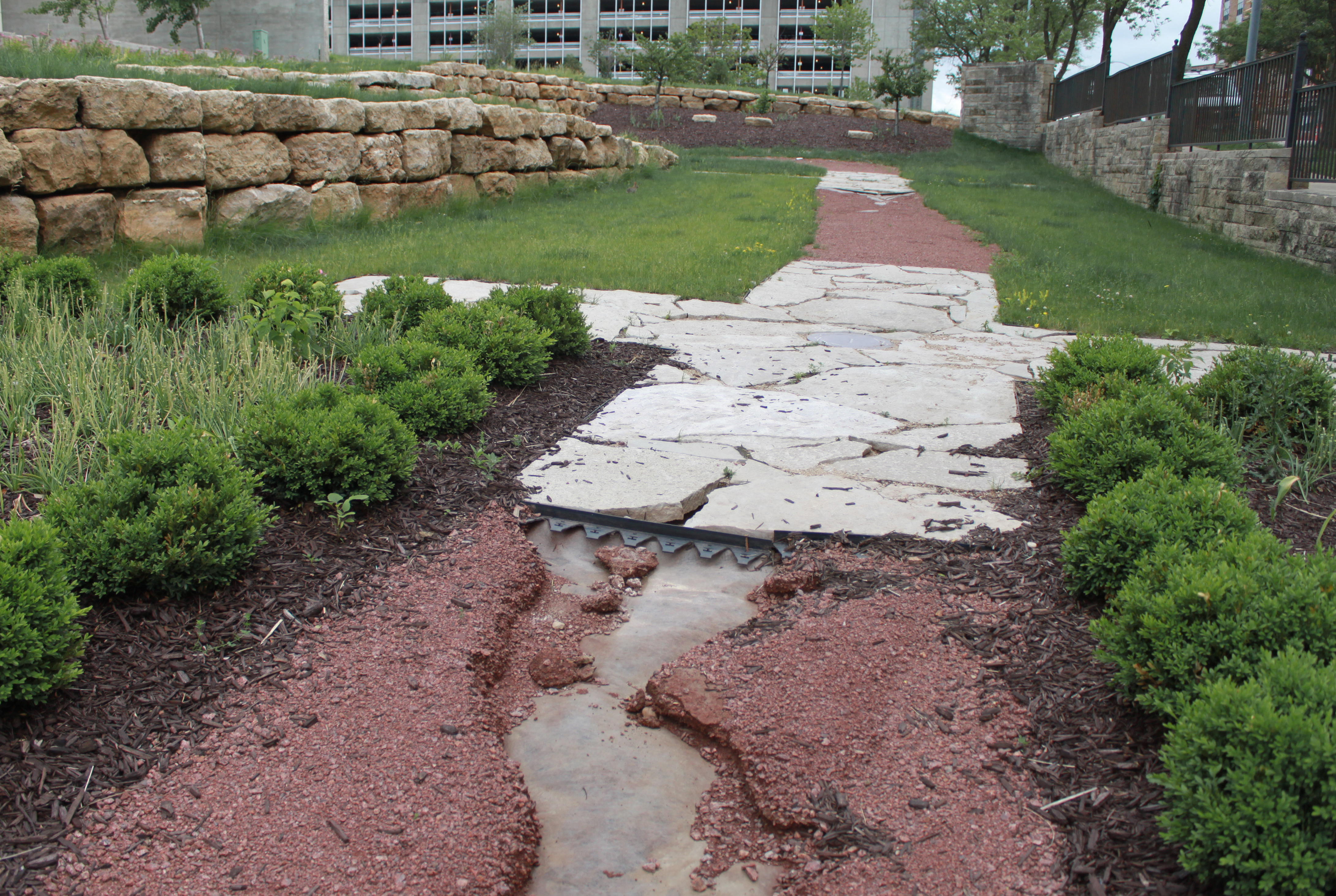
The St. Raphael’s congregation owns a 1.3-acre lot in downtown Madison.
The Freedom From Religion Foundation is trying to make sure that a Madison, Wis., Catholic congregation pays its fair share of taxes.
The state/church separation watchdog group filed an amicus curiae brief this week in Dane County Circuit Court to support the city of Madison levying taxes on property that the St. Raphael’s congregation owns. The church sued the city last year to recover more than $98,000 in taxes it paid in 2014 on a downtown Madison lot assessed at more than $4 million.
On Monday, June 27, Dane County Circuit Court Judge Rhonda Lanford ruled that FFRF could submit an amicus brief in the case, despite an objection from St. Raphael’s. FFRF asserts in its brief that since the property is vacant and merely being held for future development, it does not qualify for a tax exemption under Wisconsin law.
The lot was once the site of St. Raphael’s Cathedral, destroyed by fire in 2005, as well as a dilapidated school building that was purchased by the church in 2011 and torn down in 2012. Because the conjoined lot was vacant, the city began taxing the property in 2012. That prompted the church to add a “Way of the Cross” walking path on the lot later that year. The church then claimed the property was tax exempt because it was being used for religious purposes.
Staff Attorney Patrick Elliott highlighted the lack of use of the property in FFRF’s brief and questioned how St. Raphael’s could retain an exemption while it was really just holding on to the lot as a future site of a $50 million cathedral.
“All Madison taxpayers should not have to pay more taxes while St. Raphael’s invests in its other property holdings in Madison and holds the St. Raphael’s lot for future development,” Elliott wrote. “It is precisely for this reason that property must be used to maintain an exemption. Otherwise, exempt entities could acquire ever-larger holdings in a municipality—and maintain those undeveloped properties tax-free while they appreciate in value—all based on vague aspirations for development decades down the road.”
In documents filed in court, St. Raphael’s attorney claimed, “The Madison Diocese is faced with the daunting task of raising an estimated $50 million dollars for the project amidst the Diocese’s other pressing financial obligations and needs.” Apparently, one of those financial obligations was building student apartments at another church property.
“The church’s sense of entitlement to a tax exemption is astounding,” says FFRF Co-President Annie Laurie Gaylor. “Municipalities must tax religious properties that are not being used for that purpose, to demonstrate to taxpayers that church holdings are not being given special preference.”
The city of Madison and St. Raphael’s submitted motions for summary judgment, which will likely be ruled on later this year.

